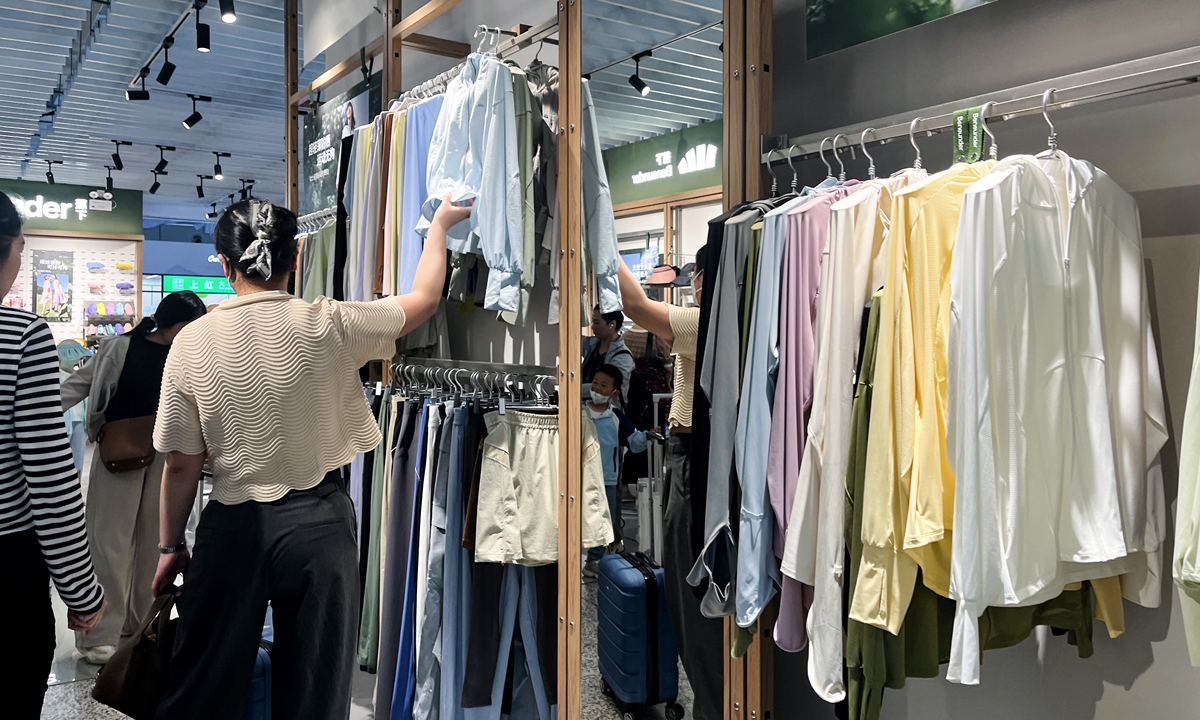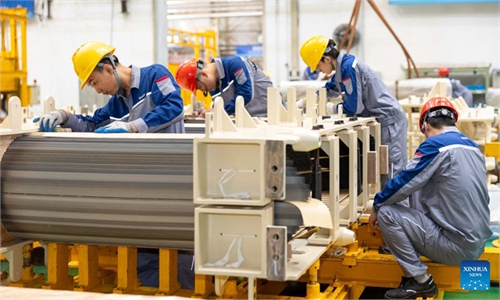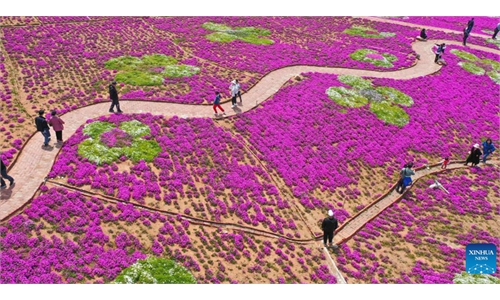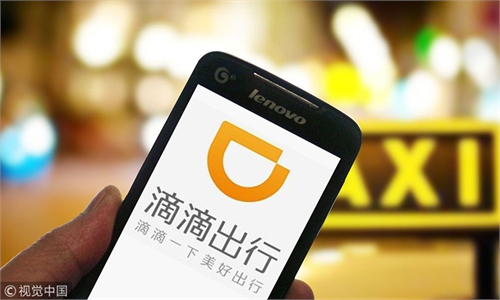
Consumers checks sun-protective garments at a store on June May 24, 2025. Photo: VCG
A garment factory in Yiyang county, Shangrao city, East China's Jiangxi Province, which is accused of producing "sun-protective" clothing that fails to block ultraviolet rays — was shut down by local market regulator on Monday, after being exposed by the state broadcaster CCTV on Sunday.
On June 8, a CCTV financial investigation program aired a program titled "Who is Manufacturing Fake Sun-Protective Clothing," exposing a production site called Xinfeng Clothing Processing Factory in Yiyang. The report revealed that the factory was producing jackets and shirts labeled with "UPF 50+" despite having no actual test data to support the claim.
Factory workers admitted on camera that the labeling was arbitrarily made, with one employee stating that consumers "don't usually verify the metrics."
The garments were found out to be lacking basic labeling information such as product names, manufacturer details, and contact information. According to the video clip, one model of sun-protective jacket produced by the factory sold more than 300,000 pieces last year.
In response to the media exposure, local authorities in Yiyang launched an overnight inspection. Officials from Yiyang's administration for market regulation, together with local police, sealed off the factory, confiscated unsold products, and collected samples for lab testing. The administration issued an immediate action halting production and sales at the factory, according to an announcement by the administration for market regulation of Yiyang posted on its official social media account.
The CCTV's investigation also revealed a troubling supply chain. In a textile market in Shaoxing, East China's Zhejiang Province, multiple sellers admitted to providing fabrics that were not UV-protective despite being sold for that purpose. Some openly acknowledged that the materials did not meet national standards, which require UV-protective clothing to have a UPF above 40 and UVA transmittance below 5 percent.
The program also uncovered an underground market for counterfeit quality inspection certificates. Some suppliers offered to issue "official" testing reports with favorable results without doing any actual testing — allowing untested, non-compliant products to appear as certified.
And, the Yiyang market regulator launched a wider probe into similar enterprises and violations across the region. It pledged to continue the crackdown, vowing to thoroughly investigate and hold accountable those responsible for violating consumer protection laws, according to its social media account.
Global Times



